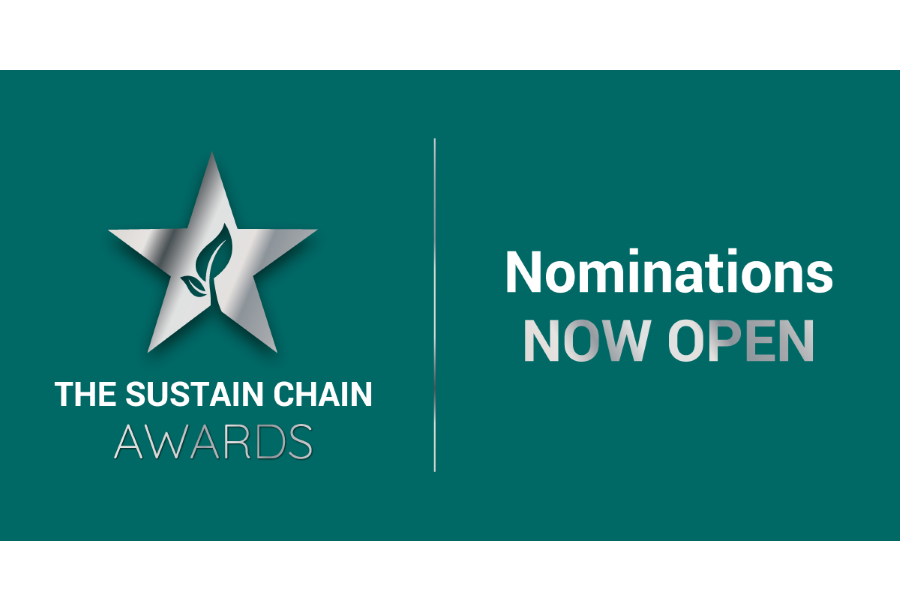
How the Proposed Corporate Sustainability Due Diligence Directive Will Affect the Supply Chain
The landscape of corporate responsibility is undergoing a significant transformation with the Corporate Sustainability Due Diligence Directive (CSDDD or CS3D). This legislative initiative promises to fundamentally reshape how organisations approach environmental and human rights considerations within their global supply chains. It represents a pivotal moment for businesses operating across international markets, including those in the U.K.
What Is the Corporate Sustainability Due Diligence Directive?
At its core, CS3D mandates that companies conduct comprehensive due diligence to identify, prevent, mitigate and account for potential adverse human rights and environmental impacts throughout their entire value chain. The new regulations were proposed in February 2022 and enacted in July 2025 to support predecessors like the Paris Agreement on Climate Change — an international treaty that legally binds its signatories to reduce global warming below 1.5 degrees Celsius.
The directive extends beyond traditional compliance measures, compelling organisations to take proactive and systematic approaches to sustainability and ethical procurement.
Regulatory Thresholds and Applicability
The scope of the directive is particularly expansive, targeting large corporations and those operating in high-risk sectors. Under the new law, firms with a net annual turnover of €450 million and a workforce of over 1,000 must demonstrate how they work to decrease their environmental footprint and uphold social responsibility standards. The same applies to non-EU enterprises operating within the EU with an annual revenue of €80 million.
One of the directive’s key elements is the obligation for businesses to implement comprehensive due diligence procedures. This includes evaluating risks, taking corrective actions when necessary and reporting progress annually.
In addition to internal management systems, businesses may be required to collaborate with third-party auditors and sustainability experts to assess their supply chains and ensure compliance. As such, the directive will impose a significant regulatory burden on firms, with the possibility of fines or legal actions for noncompliance.
Operational Implications on the Supply Chain
The proposed CSDDD will bring about several changes to supply chain management, starting with increased transparency. Companies will need to track their supply chains in much more detail, ensuring that all parties comply with the required sustainability standards. This could involve introducing new tools for supply chain traceability, such as blockchain technology, to provide verifiable, real-time information on the sourcing and handling of materials.
Businesses must also regularly assess their supply chains, identifying risks related to environmental damage, human rights violations or unethical labour practices. This means going beyond immediate suppliers to understand the practices of subcontractors, raw material providers and even tertiary networks.
These findings will need to be reported publicly, forcing companies to be more open about their operations. This could mean implementing strict auditing procedures and working closely with supply chain partners to guarantee that sustainable practices are observed at every level.
In the U.K., where transparency is becoming increasingly important, such requirements could be particularly impactful, as stakeholders — ranging from investors to consumers — demand greater visibility into corporate practices.
Are Small Businesses Exempt?
While companies with less than 1,000 staff and fewer than €450 million annual net revenue aren’t required to comply with CS3D regulations, the proposed directive is expected to have a cascading effect across all supply chains. Smaller organisations not directly covered by the legislation will inevitably be influenced as larger corporations demand higher standards of sustainability and transparency from their suppliers and partners — regardless of size.
A key downside is that they may need to adhere to the same sustainability standards to compete against larger corporations when seeking contracts — even if they lack the resources to do so.
The Human Element
Consumer demand for sustainable and ethical business practices is growing rapidly. Research shows that consumers are increasingly making purchasing decisions based on a company’s values, with 82% of buyers preferring brands that align with their own ethical standards. This shift in consumer behaviour underscores the importance of environmentally conscious and ethical practices for businesses, particularly those with extensive supply chains.
Companies that fail to implement adequate due diligence processes may risk alienating a growing customer base that’s becoming more attuned to sustainability and human rights issues along the supply line.
Financial and Operational Costs
Implementing due diligence systems will undoubtedly come at a cost. All players will need to invest in technology and human resources to track and assess their supply chains. This may include nonnegotiable elements such as:
- Adopting new software for supply chain management.
- Hiring sustainability officers.
- Contracting third-party consultants for audits.
The financial costs of compliance will vary depending on the size and complexity of the supply chain, but there is little doubt that it will require a significant upfront investment.
While these costs might be substantial in the short term, the long-term benefits could outweigh them. Companies with strong sustainability practices will likely enjoy better financial performance, giving them a competitive advantage in a world increasingly inclining toward thoughtful business practices.
Legal and Regulatory Risks
Noncompliance with the CSDDD will have serious consequences. Companies found in violation could face significant financial penalties, potentially up to 5% of their global turnover. Moreover, the directive introduces civil liability provisions, allowing affected individuals or communities to seek legal recourse for demonstrated harm resulting from corporate negligence.
Companies failing to meet their due diligence obligations may face potential fines and legal action from consumers, investors or other stakeholders. This could result in significant financial penalties and reputational damage that may be difficult to recover from.
With increased scrutiny surrounding sustainability, businesses will need to be vigilant in ensuring full compliance. In the U.K., where the regulatory environment around environmental, social and governance (ESG) issues is tightening, the CSDDD could be a precursor to more stringent local legislation. Companies that fail to prepare for these changes may find themselves at a competitive disadvantage in the future.
In the End
The CSDDD represents a monumental shift toward greater responsibility and transparency in supply chain management across Europe. Businesses that take a proactive approach to due diligence will be well-positioned to thrive in an increasingly sustainability-driven market.
Make sure you submit your nominations for the IoSCM Sustain Chain Awards 2025 today!

